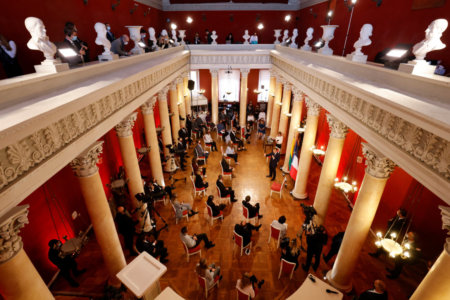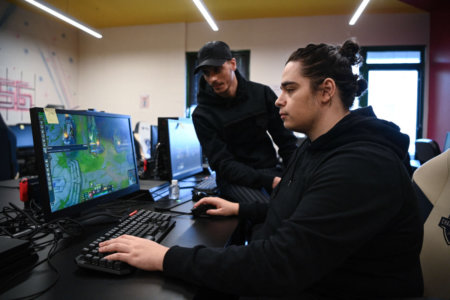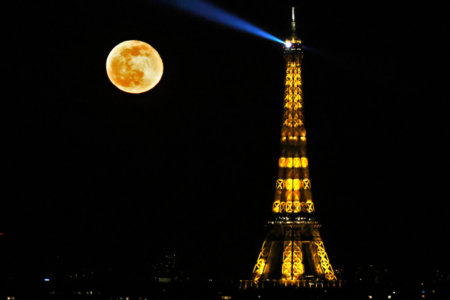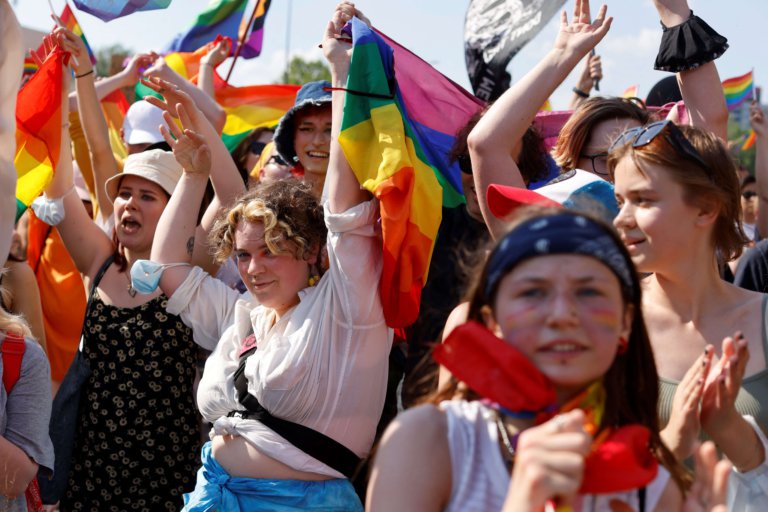
Over a million students study in Poland’s 500 universities. Poland is known for US-accredited medical schools, robust European Union (EU) study programmes, as well as golden opportunities for career development. Its central European location also gives students easy access to explore the continent.
It’s no wonder the number of international students in Poland is growing year after year; it went up by almost 78% in the past five years. Warsaw is also recognised as one of the most affordable European student cities, with dormitories starting from 60 euros a month. Getting a student visa is relatively easy too.
Here, we compile five scholarships for international students looking to study in Poland; most are delivered by Polish National Agency for Academic Exchange (NAWA). Could one be right for you?
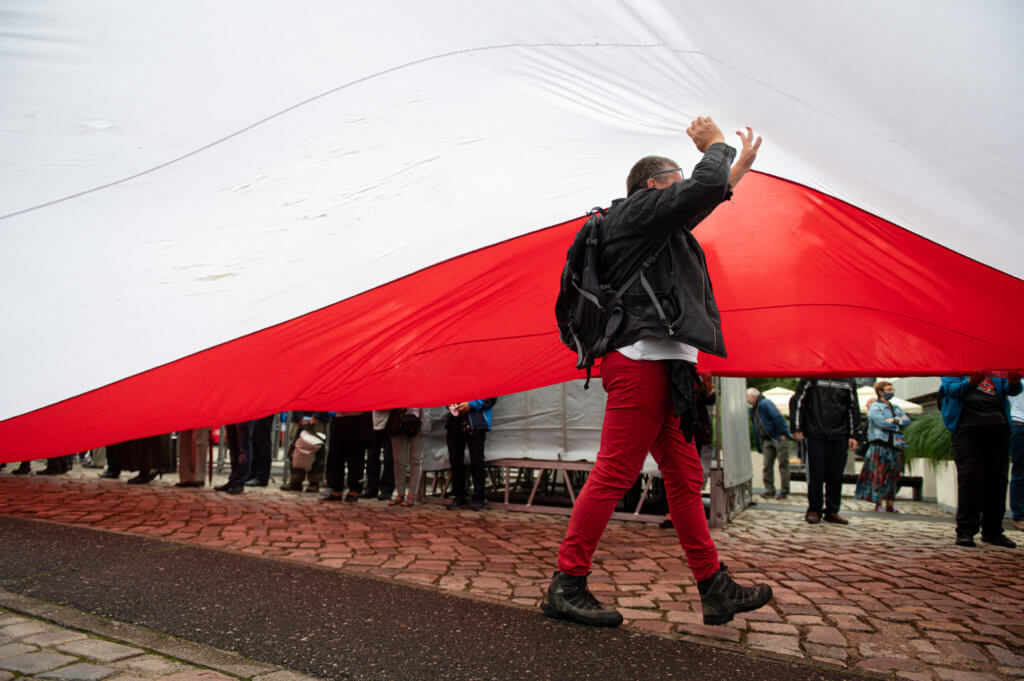
The number of international students in Poland is growing year after year. Source: Mateusz Slodkowski/AFP
Visegrád Scholarship Programme
Students from Visegrád Four nations — Czechia, Hungary, Poland and Slovakia — and neighbouring countries may apply for this scholarship to study in Poland at any level, in any discipline, and any language. You will be covered for four semesters at one of the 190 universities across Central and Eastern Europe. Neighbouring countries include Albania, Armenia, Azerbaijan, Belarus, Bosnia and Herzegovina, Georgia, Kosovo, Moldova, Montenegro, Northern Macedonia, Serbia and Ukraine. Check it out here.
The gen. Anders Programme
This scholarship is for the Polish diaspora groups overseas who wish to return to study in Poland. Who qualifies? Foreigners of Polish origin from Belarus, Bulgaria, Czechia, Estonia, Lithuania, Latvia, Moldova, Romania, Slovakia, Hungary, countries of former Yugoslavia, Ukraine, USA, Russia and countries of Central Asia and the Caucasus, Latin America and Africa i.e. those who hold a Card of the Pole (Karta Polaka).
Dual nationals who completed secondary education may also sign up for bachelor’s and master’s degrees. Scholars pursue full-time programmes in Polish — get more information here.
Konstanty Kalinowski Scholarship Programme
Coordinated by the Centre for East European Studies at the University of Warsaw, this opportunity is for young people from Belarus who have been discriminated against back home for their political views. If you can’t study in Belarus, you are welcome to apply for bachelor’s, master’s, and doctoral scholarships in any discipline. See more on the official website.
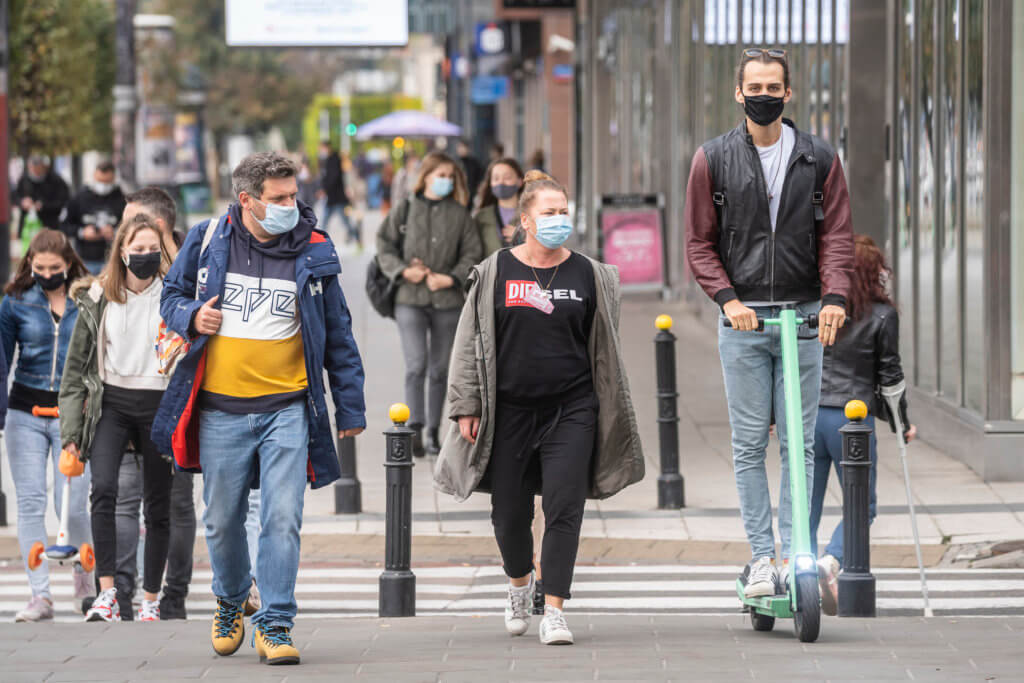
People wearing protective masks are seen on the streets of Warsaw after the Polish government introduced mandatory mouth and nose coverage in public places, on Oct. 10, 2020. Source: Wojtex Radwanski/AFP
Ignacy Łukasiewicz Scholarship Programme
Ignacy Łukasiewicz was a Polish inventor and pharmacist who created the kerosene lamp. Today, students from developing countries may study in Poland in his name. Students from Angola, Colombia, Ethiopia, India, Indonesia, Kenya, Lebanon, Mexico, Myanmar, Nigeria, Palestine, Peru, The Republic of South Africa, The Philippines, Senegal, Tanzania, Uganda and Vietnam could clinch a tuition-free ride to do their master’s degree in Polish public universities.
You could study engineering, technical sciences, agricultural sciences, and natural sciences. It is also a great opportunity to soak up Polish and European culture while exploring the country’s network and career options. Head to the website for more.
Stefan Banach Scholarship Programme
Begin your adventure in Poland with a preparatory course, where you will learn the Polish language and culture before starting a postgraduate programme. Much like scholarship patron Stefan Banach (father of functional analysis), students will dive deeper into their scientific study to widen the scope of their impact.
Students from these countries may study engineering and technical sciences, agricultural sciences, exact sciences, or life sciences: Albania, Angola, Argentina, Armenia, Azerbaijan, Belarus, Bosnia and Herzegovina, Brazil, Colombia, Ethiopia, Georgia, India, Indonesia, Iraq, Iran, Jordan, Kazakhstan, Kenya, Kosovo, Lebanon, Mexico, Moldova, Montenegro, Nigeria, North Macedonia, Palestine, Peru, the Philippines, Senegal, Serbia, South Africa, Tanzania, Tunisia, Ukraine, Uzbekistan, and Vietnam.
On the other hand, students from the following countries should opt for humanities and social sciences courses: Albania, Armenia, Azerbaijan, Belarus, Bosnia and Herzegovina, Georgia, Kazakhstan, Kosovo, Montenegro, Moldova, North Macedonia, Serbia, Ukraine, and Uzbekistan. See more information on the official website.








